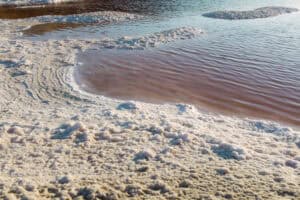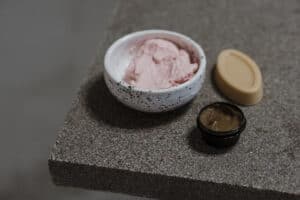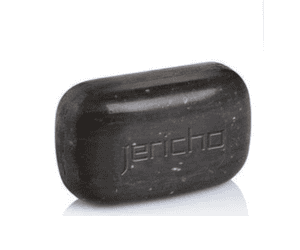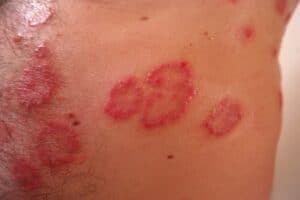People with families that have eczema frequently wonder if they are at risk of developing eczema too. Unfortunately, there is no 100% certainty of the link between eczema and genes. However, some studies and statistics show that people with a family history of eczema are more prone to develop the condition. The main reason appears to be the mutation of two genes. While it may be true, other scientific studies found that people who have the mutation and family history do not necessarily develop the disease. In these cases, the lifestyle and exposure to certain elements seem to play an important role. So, let’s see how these two elements, genes, and lifestyle, determine how people can develop eczema.
LET’S BE FRIENDS! FOLLOW US ON Facebook & Pinterest
Two types of genes
From all the studies that have researched the genetic influence, the discoveries point forward two types of genes that influence eczema. Firstly, those that affect the skin barrier. Secondly, those that affect the immune system. Here is what some researchers found.
Skin genes
The human body has an epidermal layer that protects it from external elements that include toxins and infections. In this process, the filaggrin gene (FLG) intervenes to code the profilaggrin protein. As has been noted, this gene has a mutation in about 50% of patients with eczema. But this percentage is not enough to affirm that eczema is completely hereditary. What about the other 50%? That is the question that scientists have not been able to answer yet.
Immune system genes
Humans have many immune genes. When it comes to eczema, the research has found 3 genes that may affect the disease. The first one is CARD11 which diminishes the skin barrier function. The second gene is KIF3A which diminishes or increases the production of moisture that may help develop different types of eczema depending on the mutation. Finally, the MTFHR gene provokes allergic reactions when it has mutations. But again, none of these studies confirm their link to eczema because not all patients have those mutations.
The influence of lifestyle
Many pieces of research point out lifestyle as a major source to develop eczema. There is no doubt that it plays a role. Although it is not the only source, it can make a big difference to prevent it or fight against it. The best strategy would consist of developing healthier habits with food, lowering stress, and finding relaxing activities such as fitness or meditation. Also, apply moisturizer regularly and avoid scratching any part of the skin if you feel itchy.
Joining the family history
If you discover you got eczema as someone else in your family, the first thing to do is do not panic! Despite the genetic link that some researchers claim, every person has an individual case and history with this type of disease. Your lifestyle and the measures you take to treat it can make a huge difference. That includes finding the triggers to avoid exposure to them. Also, develop healthier habits with your food, the fabrics you use, the places you visit, and even the type of work. Finally, resist the urge to scratch your skin and apply high-quality products to your skin.
- Related content:





